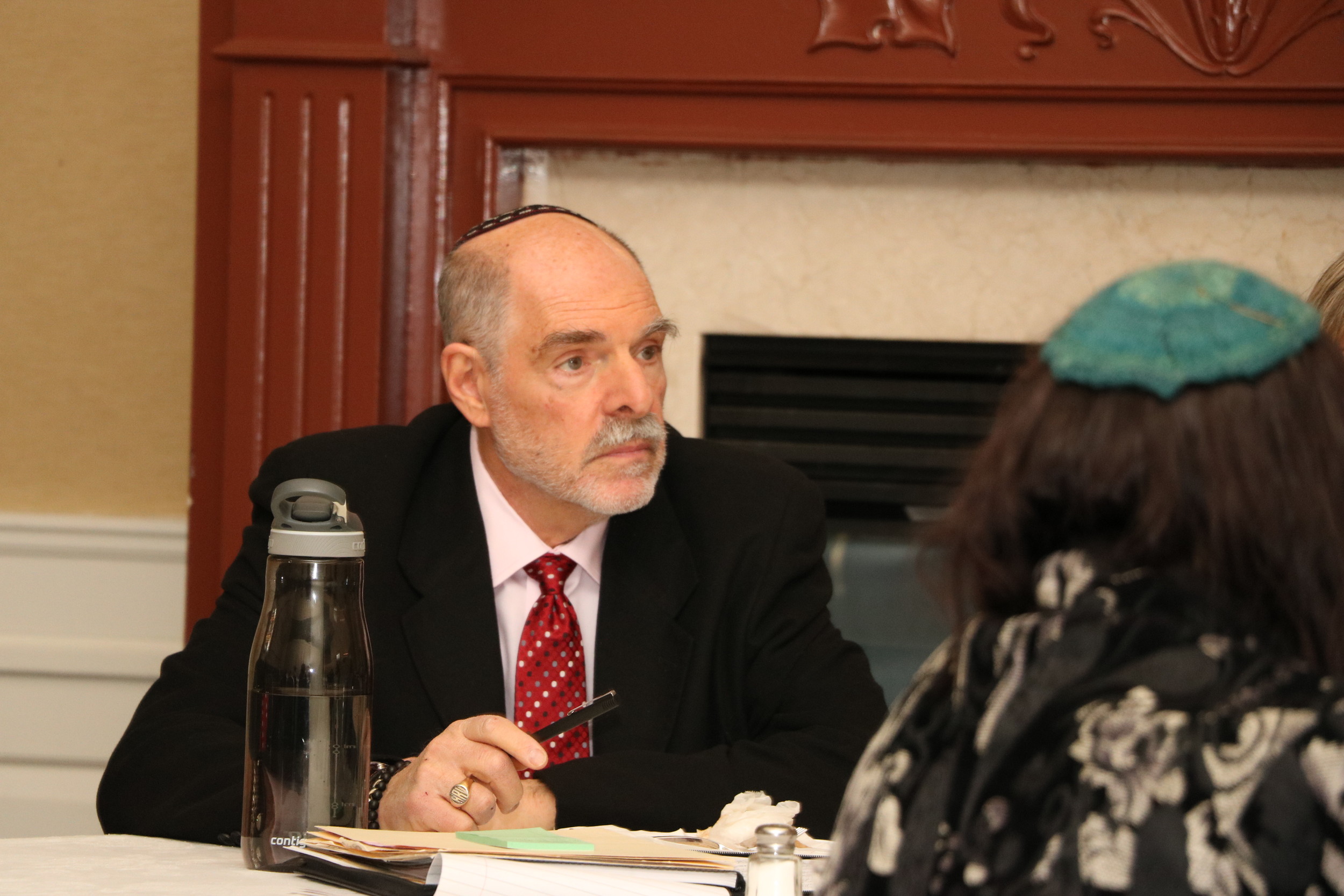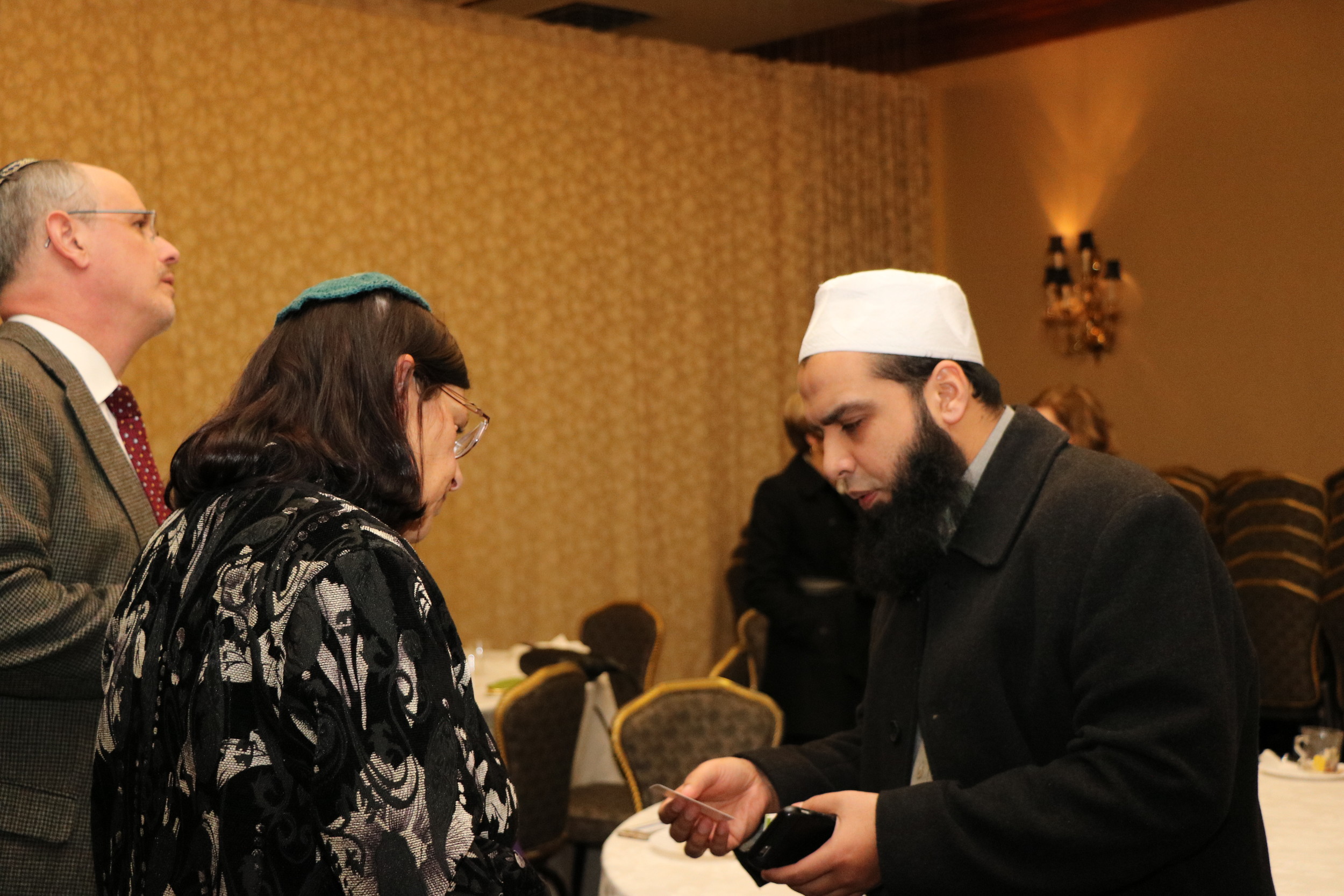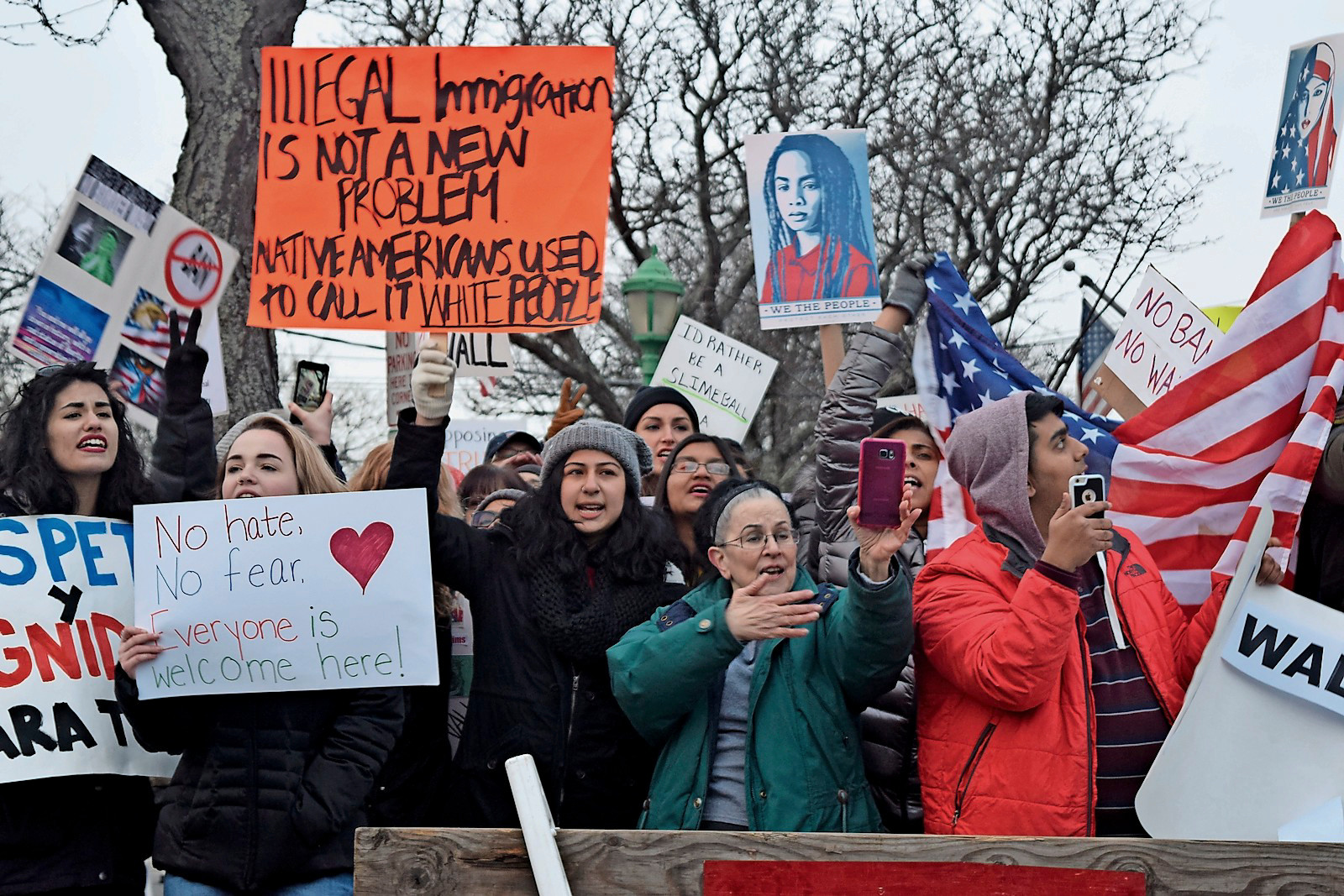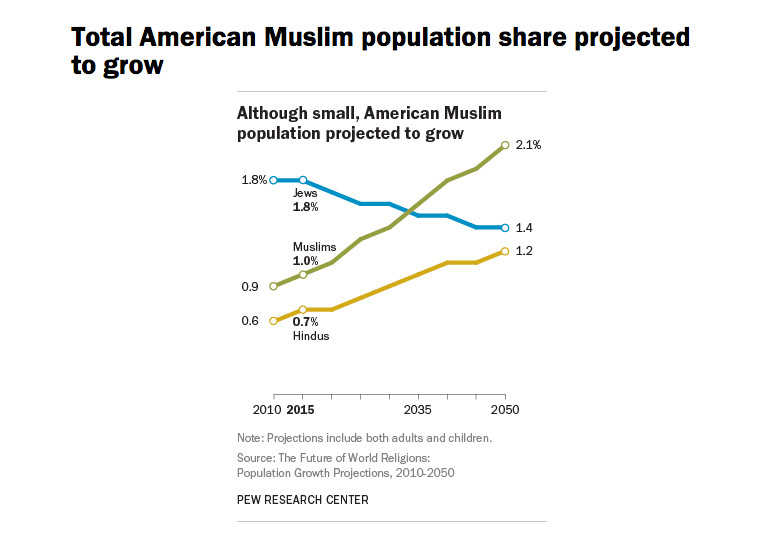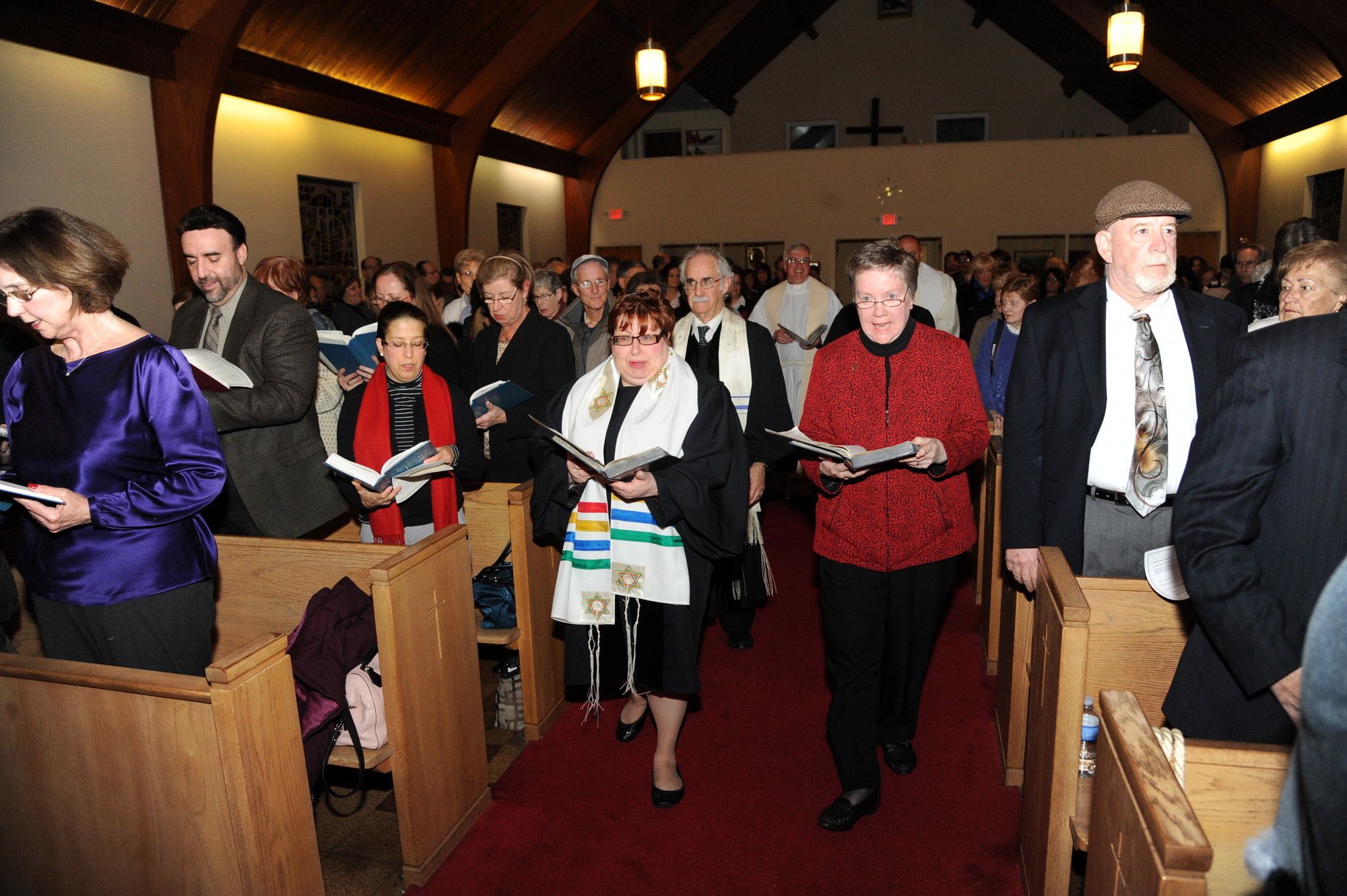Thursday, April 18, 2024
Interfaith organizations are growing on Long Island
Though restrained twice by a federal district court, President Trump’s executive order barring citizens of seven Muslim-majority countries from entering the U.S. has had at least one unexpected effect: a rise in the awareness and advocacy efforts of interfaith organizations on Long Island.
Last week, Rabbi Art Vernon of Shaaray Shalom in West Hempstead, and nearly 20 religious and civic leaders from throughout Nassau County gathered to discuss creating an interfaith group — tentatively called Children of Abraham — to address refugee issues and other topics. “As open, understanding and accepting as we think we are in American society, in reality, we live in silos,” Vernon. said. “We live in neighborhoods with people mostly like us, we go to religious institutions where there are people mostly like us and our kids tend to go to schools with other kids who are mostly like them.”
The group, which aims to foster understanding and tolerance of different religions, is similar in purpose to the Interfaith Alliance of Long Island, which in the past month has sent representatives to the women’s march in both Washington, D.C., and Manhattan, to Kennedy Airport on Jan. 27 for a Muslim prayer service when the travel ban was first announced, and to a demonstration over the travel ban outside U.S. Rep. Peter King’s office in Massapequa on Feb. 3.
The organization, chaired by the Rev. Mark Lukens, pastor of Bethany Congregational Church of East Rockaway, has 75 members of 13 different faiths. “Some of what the president is promoting is a kind of misinformation about faith,” Lukens said. “He is capitalizing particularly on people’s fears and misunderstanding of the Muslim faith.”
Rabbi Judith Cohen-Rosenberg, a member of the East Meadow Interfaith Clergy Association for 15 years and rabbi of the Community Reform Temple in Westbury, said that interfaith groups are attracting more attention because politics are colliding with the morals of people from different faiths, including her own. “We can’t advocate for a political candidate, but we’re certainly committed to speak in concert with the values of our traditions regarding issues — in particular the work around refugees,” said Cohen, who recalled biblical stories of Jewish people being strangers in Egypt. “Some people would say [the travel ban] is a political issue, but I would say it’s as moral one.”
Cohen recalled other times when politics collided with morals, including the civil rights movement of the 1960s — which was spearheaded by religious leaders — and President Ronald Reagan’s “trickle-down economics” approach, which she said adversely affected economically disadvantaged communities.
In addition to starting the interfaith group, Vernon is coordinating efforts in his own shul to expose congregants to different faiths. Last month he arranged for Dr. David B. Gates, senior pastor of the Miracle Christian Center in Hempstead, to speak at Shaaray Shalom. He also invited Dr. Isma Chaudhry, president of the Islamic Center of Long Island, for a speaking engagement scheduled for March 25. “Most Americans have no idea what Islam, as a religion, is and what the Islamic people have contributed to civilization during the centuries that it has existed,” Vernon said.
According to a Pew Research Center study of Muslim Americans released last year, there were roughly 3.3 million Muslims of all ages living in the United States in 2015 — making Muslims 1 percent of the total U.S. population of 322 million people. The study also estimated that their population in the U.S. would surpass America’s Jewish population by 2035.
Dr. Mohammad Farhan, Ph.D, attended Vernon’s meeting and is involved in several Muslim organizations on Long Island, including Muslims on Long Island and the Islamic Center of South Shore, said there are 23 mosques on Long Island — from Valley Stream to Riverhead. “Most of our mosques in Nassau County are in different growing stages,” Farhan said during the meeting. “Many clergy — most are immigrants. They always stay within their circle, and they never have the chance to speak to other clergy of different faiths. Slowly, as the next generation are born and raised in America, that will change.”

